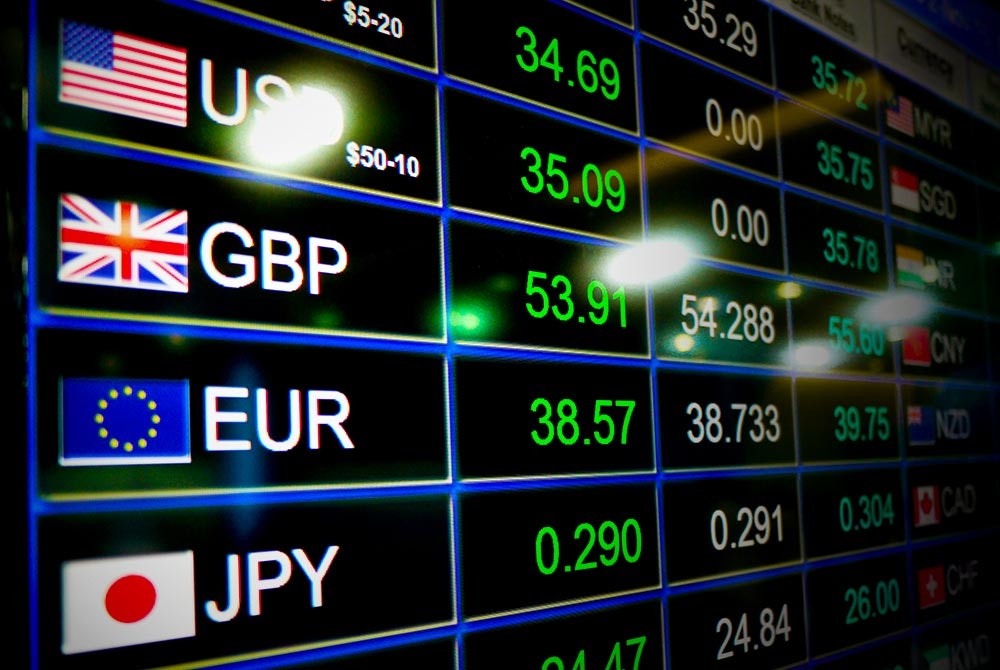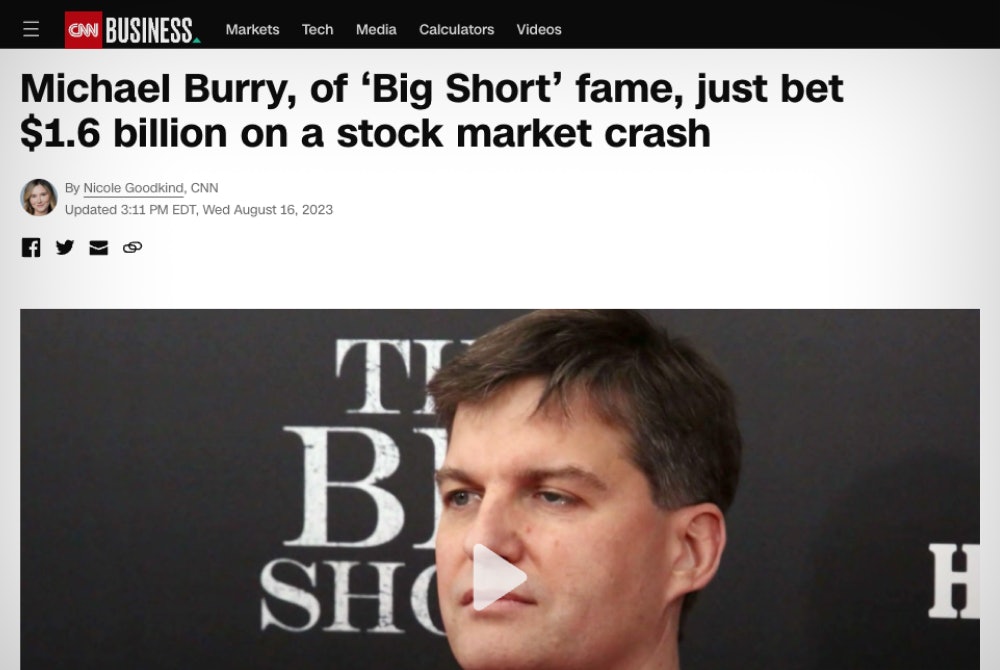- How to Spot Forex Scams
- Types of Forex Scams
- Protect Yourself From Forex Scams
- Frequently Asked Questions
The forex (foreign exchange) market is the largest financial market in the world, with over $6 trillion traded every day. Forex trading is the practice of exchanging one currency for another. The objective is to exchange your money for an exchange rate that you predict will increase value, earning you a profit. Unfortunately, forex scams prey on those investing on the exchange.
Thanks to the internet, it's easier than ever for everyday people to enter the seemingly lucrative currency trading market via an online forex broker. However, just because it's easy to start doesn't mean forex trading is easy to master. It requires knowledge of trading, an adequately funded trading account, and an understanding of risk management.
Forex is a Zero-Sum Game
There is a loser in exchanging foreign currencies for every winner—any profits won by one player (trader) will match the losses for another. This makes the game hard for most players to profit from—it's believed between 70-90% of all forex traders lose money.
Sadly, many unscrupulous brokers will take advantage of the unregulated forex market by luring victims in with the promise of earning fortunes from a relatively small investment. Keep reading to learn how to identify forex trading scams before starting trading to avoid falling victim yourself.
How to Spot Forex Scams
There are several ways that dishonest brokers will try and convince you to invest your money with them to trade on the forex market. Scam brokers usually pitch "get rich quick" or "too-good-to-be-true investment opportunities" that will earn you huge returns on your investment with little risk.
With any financial trading, there is no 100% guarantee. If such a thing existed, traders wouldn't be willing to share it with other traders, especially not through social media posts, where many scammers tout for business.
While scammers do an excellent job of trying to hide their dishonest practices, there are a few warning signs and tactics that you should pass on the "opportunity."
1. Guarantee of Large Profits
The Pitch: Forex scams brokers will mention significant profits, but not so large that you get suspicious. As a further enticement, they may also say that the potential gains are much higher if you take advantage of their unique skills.
The Facts: Nothing about any financial market can be guaranteed. The forex market is influenced by so many factors that can change instantly.
2. No Risk
The Pitch: Some brokers will tell you that there is no risk and that your investment is a sure thing—you're not going to lose money, you're going to make money and lots of it. A scammer may tell you there is a minimal risk to your initial investment but that it's nothing compared to the profits you're sure to make.
The Facts: Every financial investment, including those made on the forex market, comes with a risk. Forex is a zero-sum game, meaning for someone to profit, someone else must lose, which could easily be you.
3. Urgency
The Pitch: There's usually some compelling reason why you must invest right now, such as: "This opportunity is only available for a limited number of people.'. Or the broker may tell you that if you delay investment, you could miss out on a huge profit.
The Facts: Scammers use urgency to prevent you from adequately researching the opportunity or their company. They want your money as quickly as possible, potentially as they don't plan on being around for long. Remember, trends in forex trading can change in the blink of an eye, making it very difficult to predict.
Other Red Flags of Forex Scams
- No substantial proof of the profits they are claiming: If there is no background information or full disclosure of gains and losses, walk away.
- Unsolicited and persistent marketing: This is a significant warning sign that you're dealing with a fraudulent trader. You shouldn't feel pushed into investing or uncomfortable at any point in the process. Be particularly wary if you're asked to hand over personal information, as they can use it for identity theft.
- They have software that claims to have a secret formula to make big profits on the forex market: No such program exists. Scammers can use fake programs to infect your computer with malware that can steal your sensitive information. Never download programs that you can't be sure come from trusted sources.
Types of Forex Scams
With such a massive amount of money at play and no centralized governing body, the forex market presents an enormous opportunity for scammers. New ways are being formulated all the time to defraud people, but these are the main types of forex scams to look out for:
- Robot trading scams
- Signal sellers
- Fake trading investments
- Forex multi-level marketing and pyramid schemes
Robot Scams
Traders promise a passive income thanks to a "robot" that does the hard work for you. They use an algorithm to decide when to buy and sell based on a set of specific parameters. But unfortunately, these systems are not tested or regulated—nothing can confirm their legitimacy.
It's worth mentioning that not all robots (also known as Electronic Advisors or EA for short) are forex scams, the most notable being Metatrader. A robot becomes a scam when the creator knows it won't make money but sells it anyway, with promises of big profits.
This is mainly done via "curve-fitting." A robot is programmed to follow past patterns that make hypothetical money. Of course, patterns repeat over time, but with all the variables involved in forex, they never repeat exactly, and the robot inevitably fails.
Signal Seller Scams
Signal sellers are companies or individual brokers who charge a fee to advise when to trade currency pairs. Usually, signal sellers require a subscription to provide this information, promising guarantees to outperform the market to get you to sign up.
These financial services scammers will collect money from hopeful traders without offering helpful information, most likely because they aren't qualified to give such advice. Moreover, they can be hard to spot as they usually have many testimonials from their apparent success stories, yet in reality, they can't forecast profitable trades.
Fake Trading Investment Scams
You'll find several adverts online promoting fake forex investment funds. They promise significant returns and quick profits, but once you've sent your investment, you never see your money again. Your broker will blame it on the market, but it's all gone into the brokerage company. As these brokers are unregulated, there is little chance you'll get your money back.
Forex Multi-Level Marketing or Pyramid Schemes
We've all heard of multi-level marketing (MLM) selling, where a seller takes a percentage of the commission of all the sellers they have recruited. In recent years, some forex traders have adopted an MLM model.
Members pay a monthly fee in exchange for trade signals and training material, and they are incentivized to recruit more members with tiered commissions. The higher up the pyramid, the more money you make when new investors are involved.
These forex brokers fall under the scam umbrella, as there is less emphasis on investment and more on recruiting. You shouldn't have to join a business or pay a recruitment fee to trade the forex market.
Some go a step further with forex Ponzi schemes, which trade a pool of clients' money and charge a fee and a percentage of the profits to do so. However, there is no investment in the first place—early investors are paid with the money from later investors. The Bernie Madoff case is the most famous example of a Ponzi investment scheme.
Forex Scam Case Study: Gurvin Singh, the Instagram Scammer
In late 2020, Gurvin Singh made news worldwide when a clip of him handing out bundles of money to strangers went viral. He claimed to have made it big in forex trading and wanted to give back. However, his Instagram account disappeared days later when people started asking questions.
Back in 2019, through his social media accounts, Singh claimed you could make big money by purchasing one of his forex training courses or investing with his company GS3 Trades. Again, he promised significant returns and easy withdrawals.
Singh told his investors they were making money daily, but when many asked to withdraw their money, they were told everyone would lose everything.
That happened anyway when, in late 2019, GS3 Trades closed all accounts, losing over 1,000 people, a total of nearly £4 million. A year later, he flaunted his cash and tried again to recruit investors in his role as an affiliate marketer for shady investment firm Infinox Capital.
He promoted a lifestyle, selling a fantasy about what forex trading could deliver. The more people he introduced to part with their money, the bigger his fee.
The moral of the story: If it is too good to be true, it probably is.
Protect Yourself From Forex Scams
The best way to avoid becoming a victim of a forex scam is to educate yourself and do your due diligence. The more you know about the market, the less likely brokers will take advantage of you. So do your research and do it thoroughly—learn about the forex market and the legitimate sources that can help you with trading.
Questions to Ask to Avoid Falling Victim to Forex Scams
- Is the broker regulated? Is the regulatory body trustworthy?
- Is the broker offering signals or automatic trades to guarantee profits?
- Are you qualified to provide this service? How?
- How binding is my contract with the broker?
- Is the brokerage firm regulated?
- Can the broker provide a convincing performance history?
- How easy is it to reach customer service?
- Does the broker list a physical address?
It's essential to take your time before making rash decisions, thanks to the promise of large profits and low risk. Additional ways to avoid forex scams include:
- Not giving way personal or financial information
- Setting up a demo trading account with a trustworthy broker before putting your actual cash on the line.
- Talking through your investment plans with a financial advisor
- Trading with a small amount initially and attempting a withdrawal to determine how easy it is to access your funds.











Comments